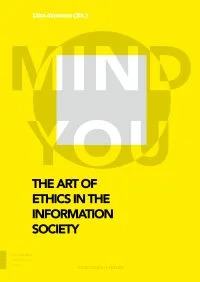By Carolina Scaramutti https://orcid.org/0000-0002-4587-5316c.scaramutti@gmail.com, Renae Danielle Schmidt, et al.
Millions of Venezuelans have fled their country in hopes for a better future outside the political and financial turmoil in their home country. This paper examines the self-reported needs of Venezuelans in the United States and Colombia. Specifically, it looks at perceived discrimination in each country and its effect on the service needs of Venezuelan immigrants. The authors used data from a larger project conducted in October to November 2017 to perform a qualitative content analysis on the specific services that participants and others like them would need following immigration. The sample consisted of 647 Venezuelan immigrant adults who had migrated to the United States (n = 342) or Colombia (n = 305).
Its findings indicate statistically significant differences between the two countries. Venezuelan immigrants in the United States were more likely to identify mental health and educational service needs, while those in Colombia were more likely to list access to healthcare, help finding jobs, and food assistance. When looking at perceived discrimination, means scores for discrimination were significantly greater for participants who indicated needing housing services, who indicated needing assistance enrolling children in school and who indicated needing food assistance, compared to participants who did not list those needs. Venezuelans who had experienced greater negative context of reception were less likely to indicate needing mental health services, where 11.9 percent of those who did not perceive a negative context of reception responded that they needed mental health services.
Evaluating existing service networks will be essential in working to bridge the gap between the services provided to and requested by Venezuelans. Collaboration between diverse government actors, community-based organizations (CBOs) and other stakeholders can help identify gaps in existing service networks. CBOs can also facilitate communication between Venezuelan immigrants and their new communities, on the need to invest in necessary services.
Journal on Migration and Human Security, 0(0). (online 2023)





















